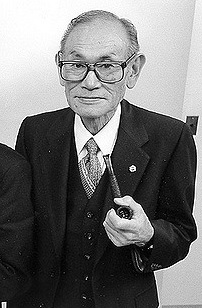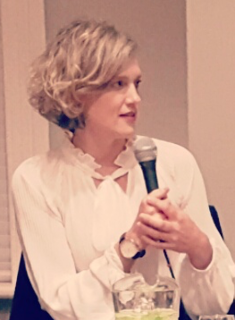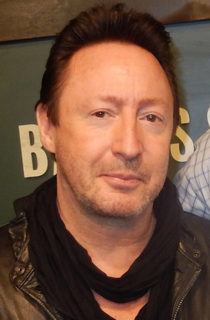A Quote by Anne Morrow Lindbergh
People talk about love as if it were something you could give, like an armful of flowers.
Related Quotes
Before the war, my parents were very proud people. They'd always talk about Japan and also about the samurai and things like that. Right after Pearl Harbor, they were just real quiet. They kept to themselves; they were afraid to talk about what could happen. I assume they knew that nothing good would come out of it.
People give you a hard time about being a kid at twelve. They didn't want to give you Halloween candy anymore. They said things like, “If this were the Middle Ages, you'd be married and you'd own a farm with about a million chickens on it.” They were trying to kick you out of childhood. Once you were gone, there was no going back, so you had to hold on as long as you could.
Dad could talk about peace and love out loud to the world, but he could never show it to the people who supposedly meant the most to him: his wife and son. How can you talk about peace and love and have a family in bits and pieces - no communication, adultery, divorce? You can't do it, not if you're being true and honest with yourself.
The impression is that love is something that happens to you like magic. That love is something others do for you, but that you cannot do for yourself. Love is not something you wait for. Love doesn't just happen. Love is something you do. When you want love, give love. Moment to moment, you make the choice whether to give love and be loved.
It was frustrating when people loved you and took an interest in you and sometimes worried about you and personally cared what you did with yourself. Lena wished that love were something you could flip on and off. You could turn it on when you felt good bout yourself and worthy of it and generous enough to return it. You could clip it off when you needed to hide or self-destruct and had nothing at all to give." (Lena, 194)
When you are organizing a group of people, the first thing that we do is we talk about the history of what other people have been able to accomplish - people that look like them, workers like them, ordinary people, working people - and we give them the list: these are people like yourself; this is what they were able to do in their community.
I feel like we've inherited modern infrastructure, and I could run away from it and become a full-time activist, or I can try to do my job, and try to talk about things I care about, and be able to do something like sponsor a topsoil conference in Nova Scotia, and talk about Bill McKibben, and narrate a documentary about the vanishing of the bees, and try to navigate my way through this world the best way possible. That's what I'm trying to figure out. Probably like many people right now.




































